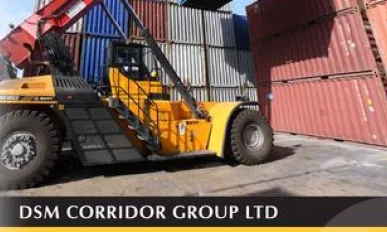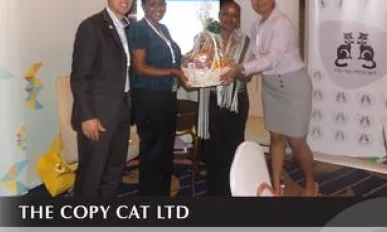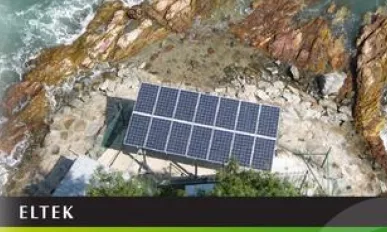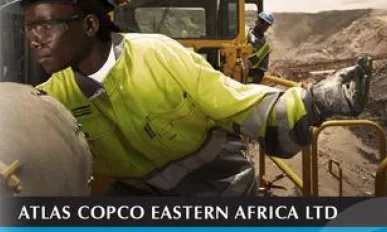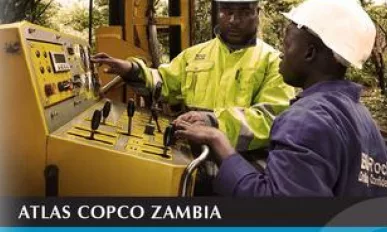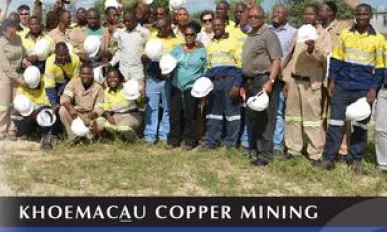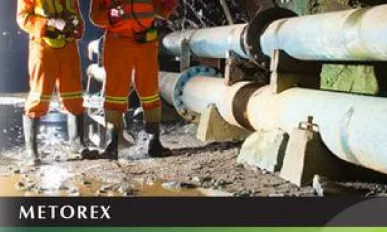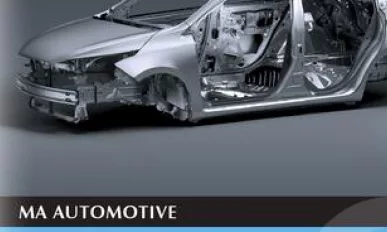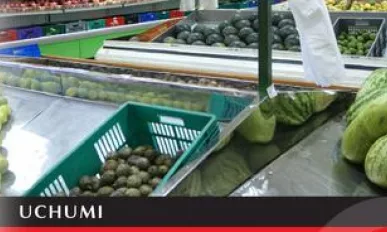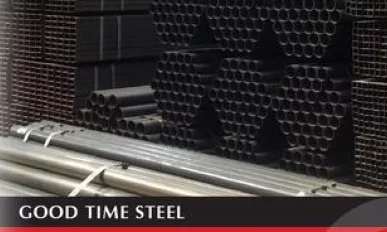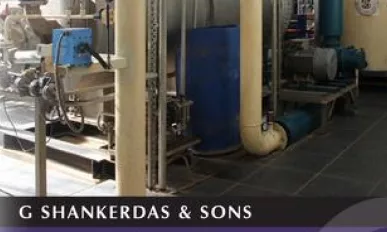Issue 24
DCG (DSM Corridor Group) : Committed to Cargo Handling Efficiency
As a favourable name in Tanzania known for reliability and quality, DCG has extensive experience to streamline the movement of bulk and break-bulk cargo with efficiency in mind.
Vodafone Ghana : A Vodafone Transformation
Vodafone Ghana has only been operational for six years but is already making an impact as it continues to innovate, expand and advance the telecoms industry within the country.
The Copy Cat Ltd : Connecting Experts Across Africa
The Copy Cat has been an instrumental part of the African IT sector over the last 30 years thanks to its fully qualified staff upholding the company reputation and through its delivery of a functional and quality product.
Eltek : Saving Energy on a Broadening Scale
Eltek has branched out even further in 2014 as it leverages key business partnerships and widening regional knowledge to unveil its hybrid solutions in new markets.
Eaton Towers : Towering Over the Competition
Eaton Towers is a leading, independent, telecom tower company in Africa with one of the most diversified geographical tower portfolios in Africa.
Atlas Copco Eastern Africa : Global Resources for Local Customers
The global influence of Atlas Copco has been complemented successfully by a strong local emphasis that incorporates activities in all 14 nations in Eastern Africa.
Atlas Copco Zambia : Efficient Solutions in a Challenging Market
Atlas Copco has differentiated itself in a saturated market in Zambia through its ability to maintain an entrepreneurial flair and establishing efficient solutions amid sector slowdowns.
Khoemacau Copper Mining : Hills of the People
Johannes Tsimako, Regional Manager of Khoemacau Copper Mining (Pty) Ltd is confident that the company’s work in Botswana will enhance infrastructures in the northwest of the country.
Metorex : Base Metal Mining at its Best
The growth strategy of Metorex is being realised through the construction and development of the Kinsenda Project and the future development of the Musonoi and Lubembe deposits in the DRC.
Spectrum Utility Management : Locally Developed Products
By optimising energy, water and even broadband efficiencies, Spectrum Utility Management (SUM) strives to define the future of smart cities in Africa.
Zambezi River : Harnessing Power
The Zambezi River Authority is planning for a series of significant projects as it continues to lay the foundations for both Zimbabwe and Zambia’s futures.
Ethiopian Airlines : Africa’s Largest Airline
With further fleet and network expansion plans in 2015, Ethiopian Airlines has been able to jet ahead of the competition.
WP Transport : Freight Transporting on the Double
WP Transport has almost doubled in size as a consequence of the recent acquisition by Imperial Logistics, putting it in a prime position for further regional expansion.
MA Automotive : Determined to Grow
With the desire to be recognised as an excellent international provider of products, processes and services relating to sheet metal working for the automotive industry, when it comes to steel, MA Automotive is a reputable name you can trust.
Edendale Hospital : Celebrating 60 Years in Healthcare
Edendale Hospital has made a name for itself as a regionally significant hospital by treating some of the country’s most serious diseases.
Hillcrest Private & Gateway Private Hospital
Ross Healthcare has added Gateway Private Hospital to its existing Hillcrest Private Hospital facility to provide much needed surgical support to the KwaZulu-Natal region.
Uchumi Supermarkets : Your Home of Value
Uchumi Supermarkets is Kenya’s oldest supermarket cha, and is celebrating almost four decades in East Africa.
Coast Millers : Bigger Leads to Better
One year on and with a vast increase in capacity in place, Coast Millers has turned its attentions towards adding value to its products.
Unilever Food Solutions : Catering for Changing Tastes
Backed by a team of dedicated staff, Unilever Food Solutions aim to deliver high quality products and service excellence to remain a market leader in the food industry.
Murray & Dickson Construction : ‘Khula Nathi’
The new motto of Murray & Dickson Construction, ‘Grow with Us’, is garnering fresh impetus into an already successful expansion drive which has incorporated not only improvements to its offering, but a larger, more skilled workforce.
Holtan EA : Quality Construction
Boasting two decades of experience and a longstanding reputation among key East African clients, Holtan EA Limited persists with its commitment to build world class structures.
SJM Flex : A Growing Global Presence
SJM Flex supply flexible couplings to the automotive industry across 32 destinations around the world and is a well respected name in the industry known for its high productivity levels.
Good Time Steel : Spreading the Good Times
Good Time Steel is the construction material manufacturing specialist looking to maintain its grip on the sector, and has begun to look towards Botswana, Namibia and Angola for future international growth.
G Shankerdas & Sons : Third Generation Success
The Sierra Leonean family-run business G Shankerdas & Sons is expanding and improving despite the ongoing power challenges in the country.
Ceramic Industries : South Africa’s Ceramic Innovators
Sub-Saharan Africa continues to provide growth potential for Ceramic Industries, with a continued strong demand for tiling, sanitaryware and other bathroom items.



